Do we marry a person or marry a wife or husband?
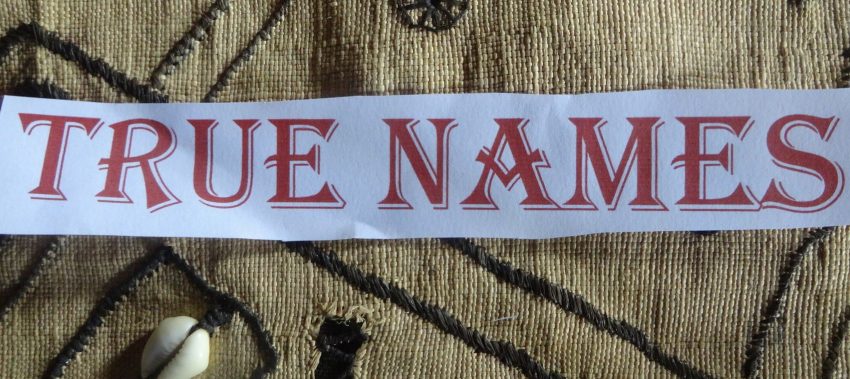
We were a new family, my mother, stepfather, two step-sisters, my sister and me. I was 16 years old when my mother and stepfather had a bitter argument – a natural part of adapting to a new relationship. My mother in utter misery, took to her bed weeping and distraught and stayed there all day. I was a wiser child then than I am now as an adult.
‘Get up and carry on.’ I told her. She did. Later she came back smiling.
‘Jack says that he didn’t marry a wife. He married me, Pixie, the person that I am.’
Edwardian roles
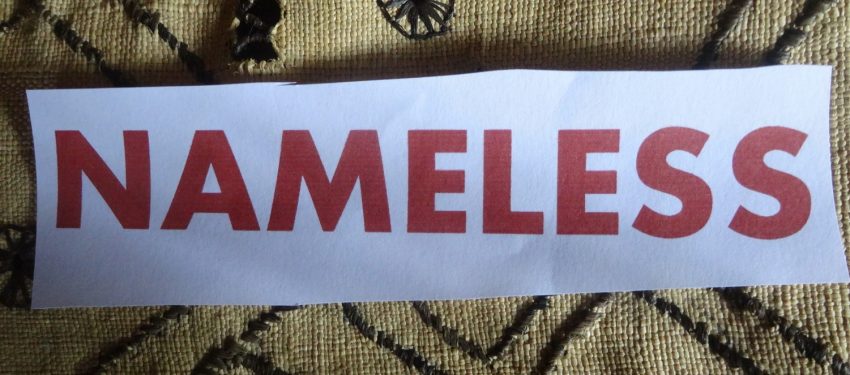
I haven’t always found it easy to pick myself up and get on with life. My mother was brave but I never forgot Jack’s statement. My own father was Edwardian about family roles. I was first a daughter who had to be good. He was first a father and husband who was right, had authority, and deserved respect. He did his best and still got things wrong. I ended up with a mother, a father, a stepmother, a step-father and also with a mother and father-in-law. Every one of those people saw me and judged me differently and at various times I pleased none of them. They all chose different names for me to call them and I complied of course out of love and respect. Family roles are mutual. They aren’t always reciprocated but like marriage, it takes one person to break a relationship and two to make it.
The 1970s Women’s Movement
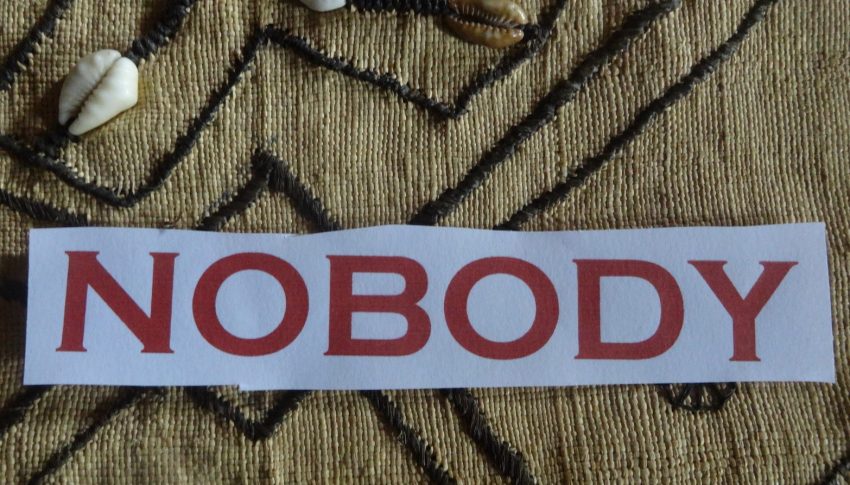
Years later roles, marriage, gender and sex were subjects that were debated in the second wave Women’s Movement and it reinforced for me what my stepfather had said. As a parent and as a wife, I always gave my husband both a name and a role. He was a father and a person – ‘your Dad, Mike’ was what I said to my kids. I was proud to be a mother and a wife but no woman is just those. I was not ‘her indoors, ‘wifey’, ‘the little woman’ or ‘old girl’. I think I’m right that in Gene Stratton Porter’s Girl of the Limberlost a character in the book chooses not to be described as a ‘lady’ but as a ‘woman’ because ladies sat and women worked?
The significance of names and naming
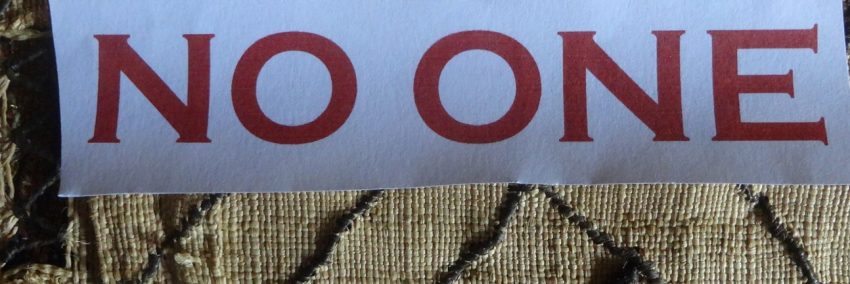
Names are of great importance as every child knows. They define us for our peers. We all know the damage that a cruel nickname can cause. Our parents choose our names and their meanings with care because they connect us to family history and point us to our futures. Some of us change our names – I like mine. Neither am I keen on taking on a husband’s surname. It was forced on me by law in Britain though not in France. All names, however, still come down the patriarchal line. I chose to be Ms and not Miss or Mrs or missus and now in France, all women are titled Madame, not Mademoiselle. I confess that I compromised when I had my first painting exhibition in Zambia. Everyone knew me by my married name so there was no point in using my preferred maiden name and isn’t ‘maiden‘ is a loaded word in that context anyway?
New names for countries, cities and places
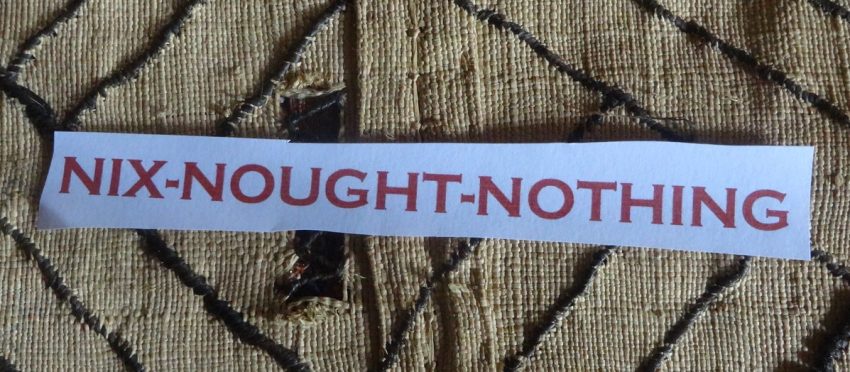
I have lived through times when countries, cities and roads have taken on new names – perhaps original ones – maybe reinvented ones. The road in Lusaka that my uncle lived on has changed several times – it was once Sadaam Hussein Boulevard. Some names are very long – addressing a letter to a person who lives on a street with a name longer than the envelope is problematic. Unwritten languages have been written, first by colonialists, and then reclaimed and rewritten by the people who spoke and shaped the languages.
Honorifics and titles
Language, titles and names matter. In the art gallery in Zambia, we used first names as a way of making a statement about equality. I refused to be addressed by the colonial ‘Madam’. My Zambian friend and gallery partner told me that it was traditional in families to give an honorific to your marriage partner so I did wonder about the use of western forms of address on people who might have made different cultural decisions. First names are, however, an accepted form of address in the international art world.
I became a grandmother at 47 years of age.
I was proud to be one but I didn’t feel granny-ish then. Let’s face it – the term – the moniker ‘granny’ can have derogatory and demeaning associations. My grandmother was known as Granny Emma but time has changed how a ‘granny’ is portrayed and they are often disregarded or considered a nuisance. I was a grandmother who didn’t feel quite up to Grand and Matriarchal. I didn’t fancy being called Nana either though many people love it because for me, it’s the name of Wendy Darling’s family dog so I told my daughter the decision was for her and her son to make. My grandson was two-thirds Zimbabwean and one-third South African so I suggested my mother’s choice of Mbuya – meaning elder or grandmother – used by the children of her community or Ouma from South Africa. I like the French word Mamie too. In the end, I was called Ruth by a child who only ever heard me referred to by that name. Thirty years later I’m both Grandma Ruth and a person called Ruth.
No Violet Bulawayo
I took the title of this post from We Need New Names a novel by NoViolet Bulawayo that I enjoyed. Many writers have also used it. Bulawayo’s novel is told by a child from a shantytown inhabited by Robert Mugabe’s dispossessed opposition. The protagonist then becomes an illegal immigrant in the US. It’s a fascinating contrast.
6 Comments on “We need new names and new roles”
This topic is so huge! Oh, but I love you for addressing it (tangental pun intended). I have some thoughts coming together that you have fired. I will be back in touch very soon. Anita
Hi Anita – I do hope that you will share your firey thoughts in another comment – I love it when something sparks and I get feedback that burns with a bright light! Ruth
You make me think, because I realize that when I speak about my relatives I seldom say their names, but “my husband”, “my brother “, “my nephew” etc. To my children I say “hello, my awsome daughter” or “my loved son “. (and my daughter is also loved and my sons awsome, obviously).
But I never thought it was the name of a role, but the name of the relation, of the link between us.
I don’t think I would have thought about it if it wasn’t for my mother and step-father. Divorces and second marriages do complicate roles in families – step-children often hate what they see as a parent being replaced even when they are adults not dependents – it can be all so emotional. Always referring to our roles can prioritise the role over the person – roles can create obligations beyond what is healthy. The other problem? or issue? is that society changes and roles change and families change and so does language BUT I was proud to be a mother, and a wife and felt I had duties as a daughter and a parent and so on. Thanks so much for your comment, Catherine!
Really enjoyed reading this post. When you referred to ‘The Girl of the Limberlost’ I was SO amazed as I don’t know anyone else who has read it. One of my favourite early teenaged books, and having re-read it recently, still a favourite.
Who we are and what people call us is really important/intriguing. My grand-kids call me Grandjo, and now some friends call me that too. Another old Zambian pal calls me ‘Grandjolina’ Lord knows why.
Whole theses have been written about what is a name, and how choosing a name – a right name – for someone is so important, it can have an immense effect on who they are.
My husband and I worked in China for 25 years, and ended up living there full time for 12 years. In that time I was asked numerous times to give an ‘English’ name for a baby/child. The Chinese are convinced that Westerners are unable to pronounce their given Chinese names and so they need a ‘western’ name. (Howeve, the Japanese never think western people cant pronouce their Japanese name and never feel the need for an English name).
So, over the years I have chosen names for many, many Chinese kids. I have always tried hard to pick something appropriate which has a good ‘feel’.
Two children spring to mind. The first was a small boy aged 4, whose parents had originally chosen the western name ‘Hitler’ for him. I explained as best I could that this was a name which would give him problems. ‘But’ said his father “Hitler was a strong , wise leader….why would his name be wrong?’ I quailed at the thought of having to explain the whole WW2 thing and and said ‘Trust me, it is NOT a good name for your boy’. He became Wilfred.
The other child was actually a very smart, beautiful young woman who had gained fantastic results at her university. One of the big London banks was keen to give her internship. The English name her parents had chosen for her was ‘Lolita’. I was very concerned that, given her looks and nationality, that name in the hot-house atmosphere of a London bank, would invite unwanted sexual attention. She needed a more serious name. So she became Rebecca.
Do you think I was wrong to re-name these two??
Dear Jo – first of all – how lovely to be called Grandjo by your grandkids. It combines the role and you so beautifully and illustrates your comment rather well because it works so aptly. Yes – I think if people request your help with names it is only kind to offer it with all the explanations that are possible without being too difficult. I did teach Chinese students who had all chosen English names sadly without any connection to the meanings of the name. It seems a sadness to me when Chinese names have their own special meanings. It’s not something you imposed on the children and in both cases you describe, they were essential changes. I also taught Japanese students and was glad they kept their Japanese names. I had something of a similar problem for a while in Zambia when Zambians would want a name to be chosen for their child by another person and would even go on to select rather ugly words – I’m so happy now that Zambians have returned to pride in names that are traditional and I note with interest and pleasure that many African names are not exclusively for one gender only! Wishing you well Ruth